Chest pain can be alarming and is often associated with serious health issues. While not all chest pain is indicative of a severe problem, it is crucial to understand when to seek medical attention. At Emmanuel Medical Clinic,
we prioritize your health and well-being, and we want to ensure that you know when it is essential to consult a healthcare professional about chest pain.
Understanding Chest Pain
Chest pain can manifest in various forms, including sharp, dull, burning, or crushing sensations. It can be caused by a range of issues, from minor problems like indigestion to life-threatening conditions like a heart attack. Therefore, it is vital to be aware of the symptoms and seek medical help when necessary.
When to Seek Immediate Medical Attention
Certain types of chest pain require immediate medical evaluation. Call 911 or go to the nearest emergency room if you experience any of the following:
- Severe or Crushing Pain:
- If you feel intense, crushing, or squeezing pain in your chest, especially if it radiates to your arms, neck, jaw, or back, it could be a sign of a heart attack.
- Shortness of Breath:
- Difficulty breathing or feeling short of breath along with chest pain may indicate a heart or lung issue.
- Pain Accompanied by Nausea, Sweating, or Dizziness:
- These symptoms, along with chest pain, can be warning signs of a heart attack or other serious conditions.
- Sudden, Sharp Pain with Breathing or Coughing:
- This could indicate a pulmonary embolism (a blood clot in the lung) or a collapsed lung.
- Pain Spreading to the Shoulders, Arms, or Jaw:
- Radiation of pain to these areas is often associated with heart-related issues.
When to Schedule a Doctor’s Appointment
If your chest pain is not severe or immediate but still causes concern, it is important to schedule an appointment with your doctor. Seek medical advice if you experience any of the following:
- Recurring or Persistent Pain:
- If you have recurring or persistent chest pain that lasts for several days or weeks, it needs to be evaluated to rule out underlying conditions.
- Pain with Physical Activity:
- Chest pain triggered by physical exertion or stress could be a sign of angina, which is associated with coronary artery disease.
- Pain with Digestive Symptoms:
- If your chest pain is accompanied by symptoms like acid reflux, heartburn, or swallowing difficulties, it may be related to gastrointestinal issues such as gastroesophageal reflux disease (GERD).
- Pain Associated with Respiratory Infections:
- Chest pain that comes with symptoms of a respiratory infection, such as coughing, fever, or phlegm, may indicate bronchitis or pneumonia.
- Mild, Unexplained Pain:
- Any unexplained chest pain, even if mild, should be assessed by a healthcare provider to determine the cause and appropriate treatment.
What to Expect at Your Doctor’s Appointment
When you visit Emmanuel Medical Clinic for chest pain, our healthcare providers will conduct a thorough evaluation, including:
- Medical History and Symptom Review: Discussing your symptoms, medical history, and any risk factors for heart or lung disease.
- Physical Examination: Checking vital signs, listening to your heart and lungs, and examining for any physical abnormalities.
- Diagnostic Tests: Ordering tests such as an electrocardiogram (ECG), chest X-ray, blood tests, or stress tests to diagnose the cause of your pain.
Conclusion
Chest pain should never be ignored, and understanding when to seek medical attention can be life-saving. If you are experiencing any concerning symptoms, do not hesitate to contact us at Emmanuel Medical Clinic. Our team is here to provide you with the care and support you need to ensure your health and safety.
For more information or to schedule an appointment, visit our website at www.emmanuelmedicalclinic.com or call us at +1-818-988-9818.
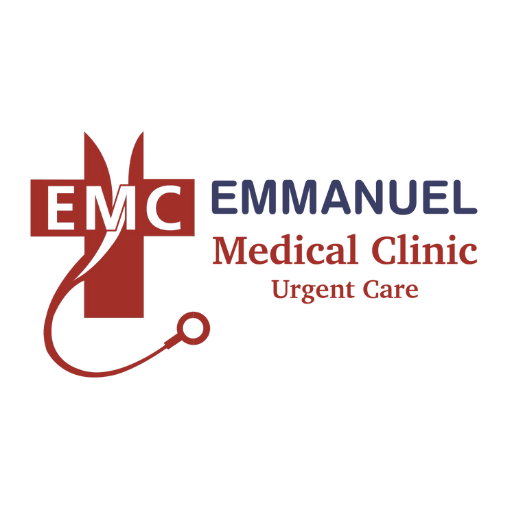
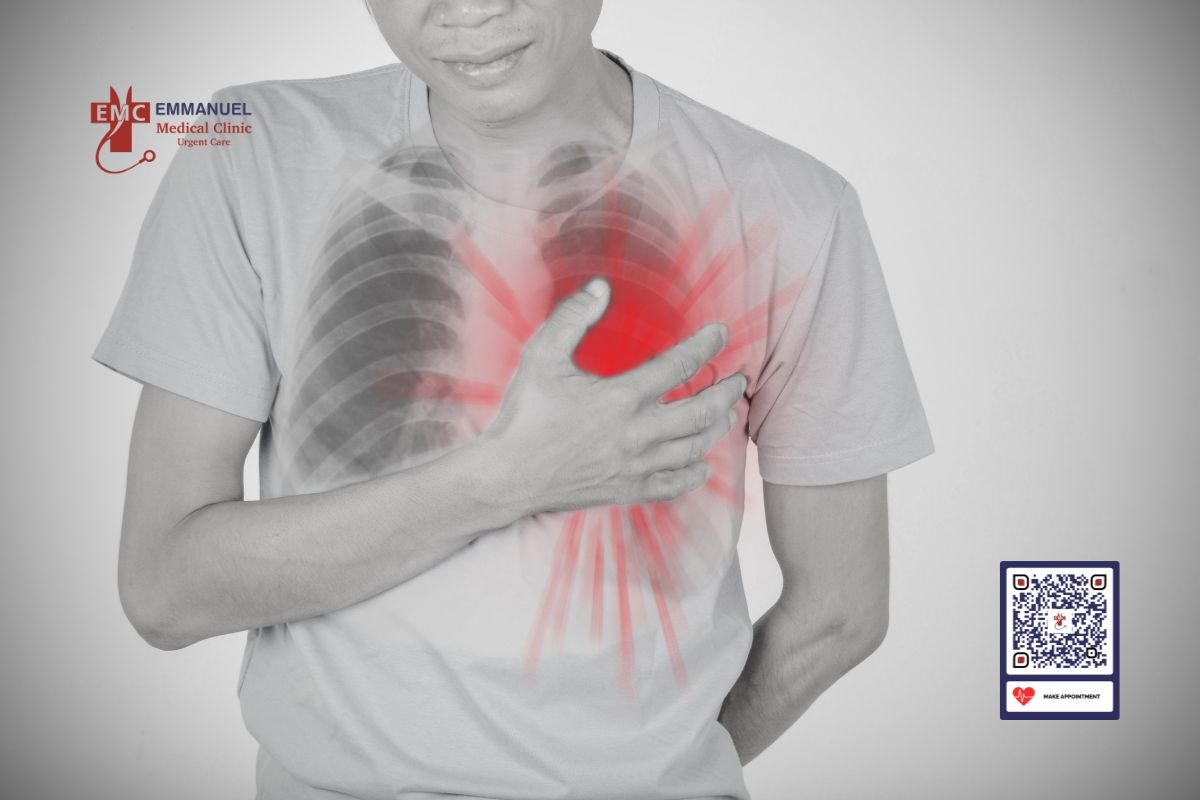
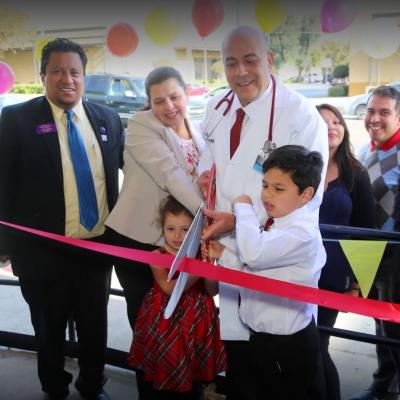
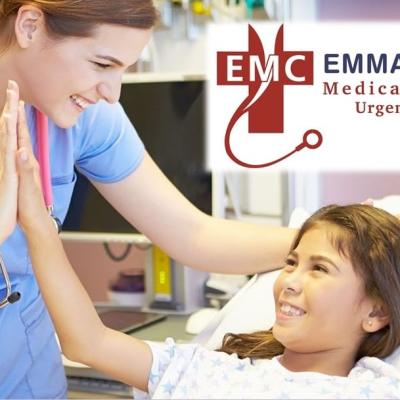
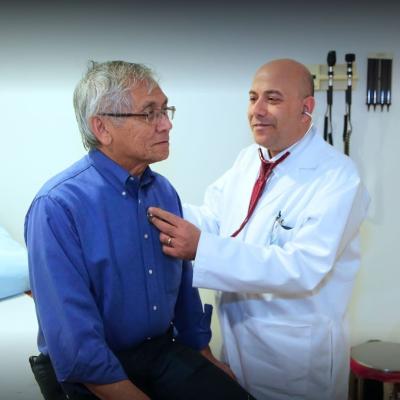


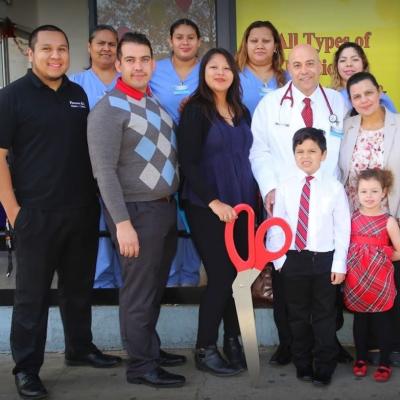


 And then Add to Home Screen.
And then Add to Home Screen.